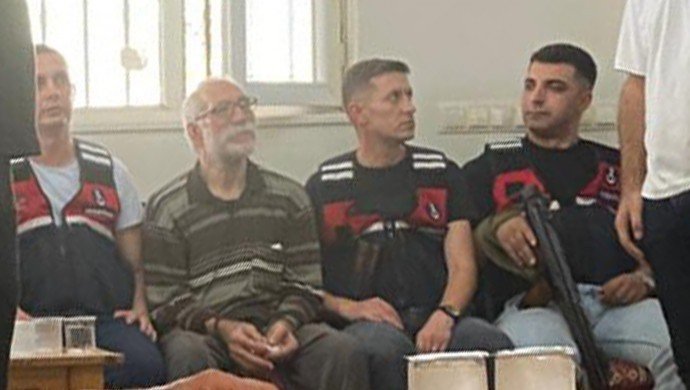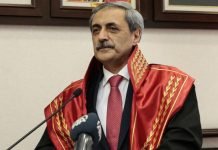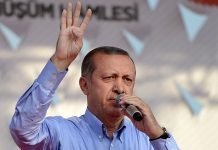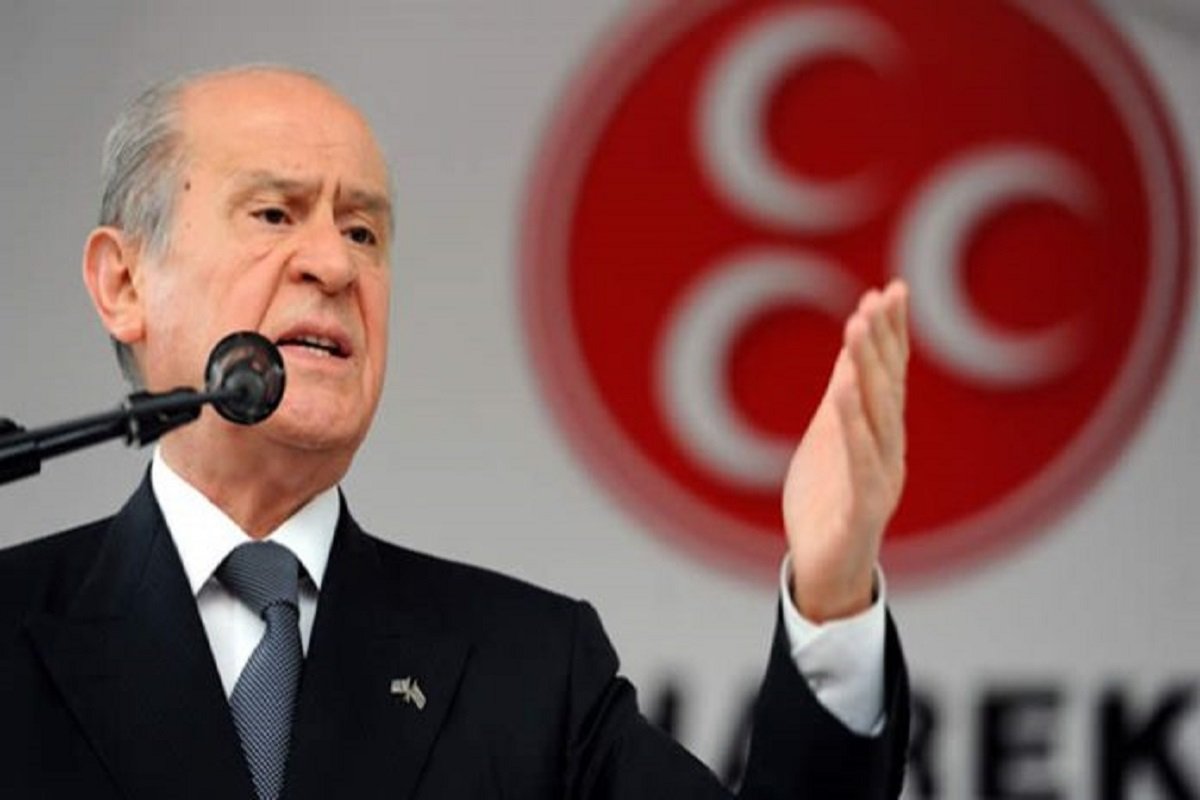Turkish authorities prevented Mehmet Durak Karak from attending his son’s funeral in Şanlıurfa province, allowing him to just attend the wake, in handcuffs, the Mezopotamya News Agency reported on Wednesday.
The justice ministry rejected the family’s request for Karak to attend the funeral on August 30, citing the fact that it fell on a weekend. Following a renewed request on Monday, Karak was taken to the wake in handcuffs, with accompanying gendarmes restricting his communications with others.
Karak has faced repeated detentions and imprisonments since his youth. In his book “Tragedy and Comedy” he recounted his initial contact with the Kurdish “freedom movement” in 1979. He was first detained along with his father and six siblings during a military raid following a coup in September 1980. He was imprisoned for nearly four years before being released, after which he was conscripted into the army. After completing his military service, Karak was detained and imprisoned once again, spending eight months in jail. In 1989 he was arrested and sentenced to one-and-a-half years in prison. He was detained once more in 1992 for three months. Just two-and-a-half years after his release, he was again taken into custody in 1995.
Karak was sentenced to death by the State Security Court (DGM) on charges of “undermining the unity of the state,” a charge that was commonly used against Kurdish activists and political dissidents during that period. After the abolition of the death penalty, his sentence was commuted to life imprisonment in 1995.
Although Karak was eligible for parole on June 17, he was denied release due to three disciplinary punishments issued during his decades in prison. In 1996 he was punished for a hunger strike protesting the torture he had suffered, in 2006 for alleged terrorist propaganda in an application to the public prosecutor’s office and in 2024 for “prohibited items” discovered when he was transferred to Erzincan.
Karak’s case reflects a broader pattern whereby parole boards routinely deny conditional release to inmates convicted on political charges, such as terrorism-related offenses.
Human rights organizations and advocates say practices such as prolonged incarceration, restricted access to healthcare and denial of compassionate leave for family emergencies amount to collective punishment, causing additional suffering for both detainees and their families.















